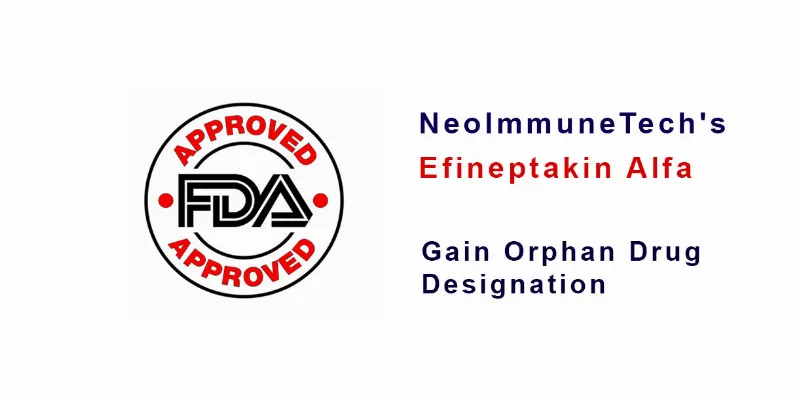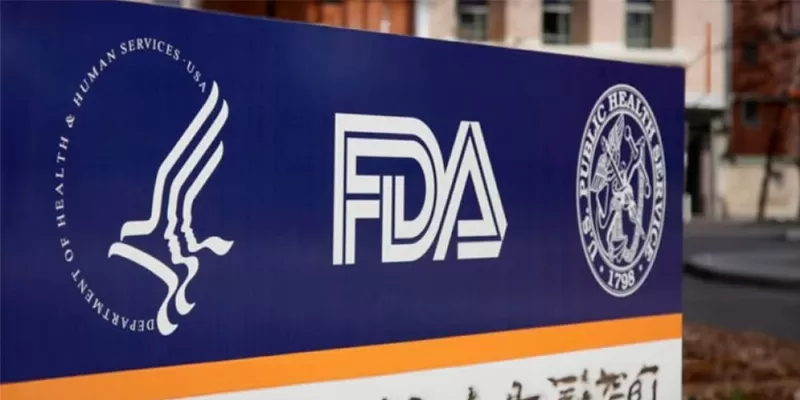Efineptakin Alfa Gains FDA Orphan Drug Approval for Acute Radiation Syndrome

20 November 2023
The FDA has granted Orphan Drug Designation to NeoImmuneTech's NT-I7 for treating Acute Radiation Syndrome (ARS). This rare condition, affecting the immune system and bone marrow, currently lacks effective treatments. NT-I7, a novel long-acting human interleukin-7, shows promise in boosting immune response and safety in clinical studies, representing a significant advancement in addressing the challenges of ARS.
In a significant medical advancement, NeoImmuneTech's NT-I7, also known as efineptakin alfa (rhIL-7-hyFc), has been granted Orphan Drug Designation by the U.S. Food and Drug Administration (FDA) for the treatment of Acute Radiation Syndrome (ARS). This designation marks a crucial step in addressing a rare yet potentially devastating condition, with limited treatment options available currently.
ARS, a serious illness caused by high doses of radiation exposure, primarily affects the bone marrow and immune system. The condition has historically been a challenge for medical professionals, with no effective treatment known for promoting T cell recovery following radiation exposure. NT-I7, a novel long-acting human interleukin-7, emerges as a promising solution, showing potential in nonclinical studies to counter the immunosuppressive effects of ARS and promote rapid immune response recovery.
The drug, a clinical-stage long-acting human IL-7, has demonstrated impressive results in boosting T cell counts while maintaining safety and tolerance. The ongoing research, supported by the National Institute of Allergy and Infectious Diseases (NIAID) part of the National Institutes of Health (NIH), is employing NIAID ARS rodent models to further investigate NT-I7’s efficacy.
Dr. Se Hwan Yang, Ph.D., President and Chief Executive Officer of NeoImmuneTech, Inc., expressed optimism regarding the FDA's recognition and said:
"Obtaining the Orphan Drug Designation from the FDA is an important acknowledgment of the immense potential that NT-I7 holds in providing a beacon of hope for the treatment of ARS."

The Orphan Drug Designation (ODD) is granted to medicines targeting rare diseases affecting fewer than 200,000 people in the U.S. This status comes with several incentives aimed at fostering the development of treatments for rare diseases, including market exclusivity, tax credits for clinical research, and exemption from certain FDA fees.
ARS gained public awareness through historical events such as the Hiroshima and Nagasaki atomic bombings and the Chernobyl Nuclear Power Plant incident. The condition highlights the need for effective treatments for high-dose radiation exposure.
NT-I7's broader applications are also being explored in various oncologic and immunologic indications, where its ability to amplify T cells and enhance immune response could prove beneficial. The drug is currently under investigation in multiple clinical trials for solid tumors and as a vaccine adjuvant, with plans for further testing in hematologic malignancies and other immunology-focused indications.
This FDA designation represents a significant milestone in the journey towards effective treatment options for ARS, offering a glimmer of hope to those affected by this rare but serious condition.
About NT-I7 (efineptakin alfa) (rhIL-7-hyFc)
NT-I7 (efineptakin alfa) (rhIL-7-hyFc) is the only clinical-stage long-acting human IL-7 and is being developed in oncologic and immunologic indications, where T cell amplification and increased functionality may provide clinical benefit. IL-7 is a fundamental cytokine for naïve and memory T cell development and sustaining immune response to chronic antigens (as in cancer) or foreign antigens (as in infectious diseases). NT-I7 exhibits favorable PK/PD and safety profiles, making it an ideal combination partner. NT-I7 is being studied in multiple clinical trials in solid tumors and as a vaccine adjuvant. Studies are being planned for testing in hematologic malignancies, additional solid tumors and other immunology-focused indications.











Comments
No Comments Yet!